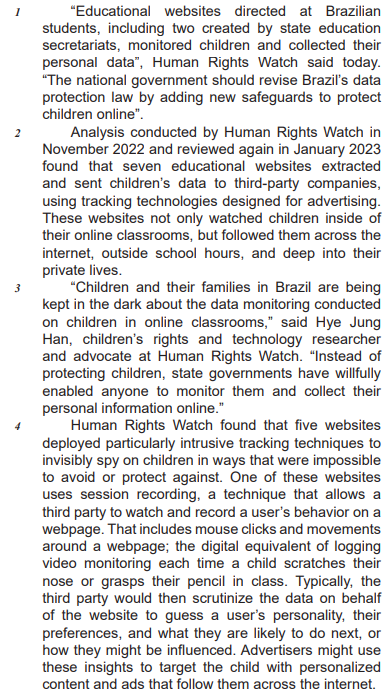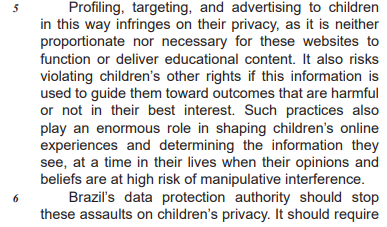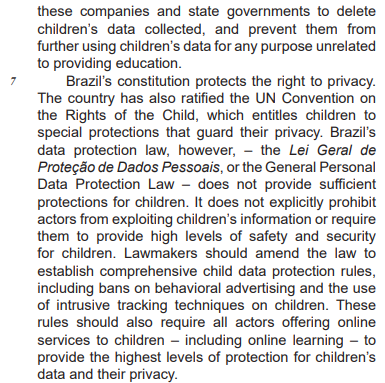Answer question according to
TEXT 1 below.
TEXT 1
TRUE STORIES – The School teacher
1 IT'S HAPPENED TO me half a dozen
times, lately. I'm walking home through the
Edinburgh Gardens and I see them heading
towards me. Heavy kids, eight of them, maybe
ten. I keep walking, but I keep my eyes on them,
and my feet wait for the sign to take off.
2 They are Greeks and Italians, all
adolescents, all wearing green or maroon
cardigans with a double black stripe round the
chest, Levis or Wranglers that fit just right,
showing a bit of sock and reddish shoes with big
heels. I move across to the outside of the
footpath to let them pass. They spread out a
little. They're close enough now in the almost-dark for me to see their faces.
3 And it's all right, because the front one is
Chris, from Fitzroy High, and he says, 'Hello,
miss!' and the others are kids who have grinned
and nodded at me a hundred times in the yard
at school.
4 I had taught migrants before, but Fitzroy
High is one of those legendary inner-suburban
schools which can no longer be properly
described as Australian. In none of the classes
I took were there more than four kids with
Australian names. A blond head was a surprise.
The administration battled to assimilate these
kids into recognizable moulds. In a hundred
subtle ways they were defeated.
5 Most of the girls had pierced ears and had
worn gold earrings since they were babies. The
line was that plain gold sleepers were the only
ear decorations allowed. At the time when it was
fashionable, in Australia, to wear a zillion
colored plastic bangles up your arm, teachers
strove hopelessly to prevent this display of
gaiety at school. The girls went on wearing them
and pulled their sleeves down when they saw a
senior mistress coming.
6 There were weekly segregated
assemblies. I don't know what they told the
boys, but at one girls' assembly I actually heard
the senior mistress say, 'As girls we must be
modest, quiet, hardworking and well-groomed
at all times'.
7 What astonished me was the stubbornness
of the kids' resistance to the rules. They didn't
organize or protest. They defied. If the pressure
got too much for them, they stayed away. And
yet they hated to be suspended. One boy was
suspended for a week, and every day I'd see
him leaning against my front fence, staring
wistfully at the school where his mates were
tight-roping their way dangerously through the
day.
8 In the three other schools I'd taught at, I'd
been an authoritarian, a good disciplinarian. It
wasn't only political or educational thinking that
changed my attitude at Fitzroy High. It was the
kids themselves. I suppose I fell in love with the
whole nine hundred of them. In other schools,
I'd known kids who were 'trouble-makers' or
'over-achievers', or ‘irresponsible' or 'antisocial. But somehow the kids at Fitzroy cut right
through those categories.
9 To begin with, they made me laugh. I can't
remember ever knowing such exuberant, merry
kids. Every class had more than its share of
natural clowns. The plays they invented were
full of hilarious delight. In a second-form class I
had for a year, two Italian boys called Claudio
and Joseph used to present weekly plays so
excruciatingly funny that we lay across the
desks aching and wiping our eyes.
10 A kid called Ilya wrote wonderful, magical
stories; he could write fairy tales his
grandparents had told him in Yugoslavia.
Lemonia could break your heart with a story
about a lost fountain pen, and Dora with an
account of her dreams. Their English may have
been rocky, but there was a pure, delicate
humour lying bone-deep in them that nothing
could corrupt.
GARNER, Helen. True Stories. Melbourne, Australia: The
Publishing Company, 2013, pp. 26-28. Adapted.






























